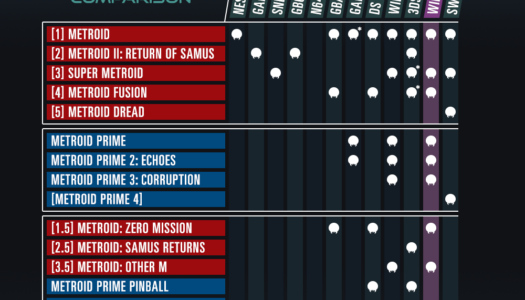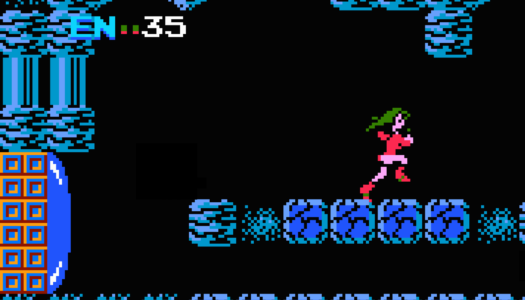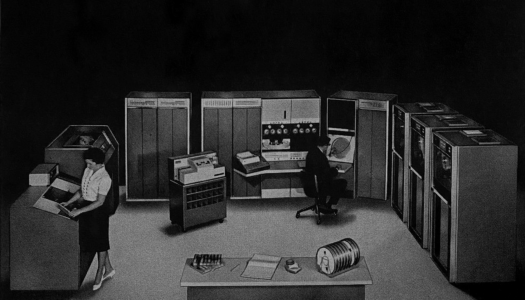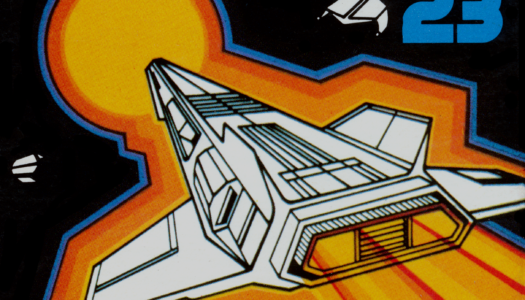Pinball FX2: Epic Quest DLC
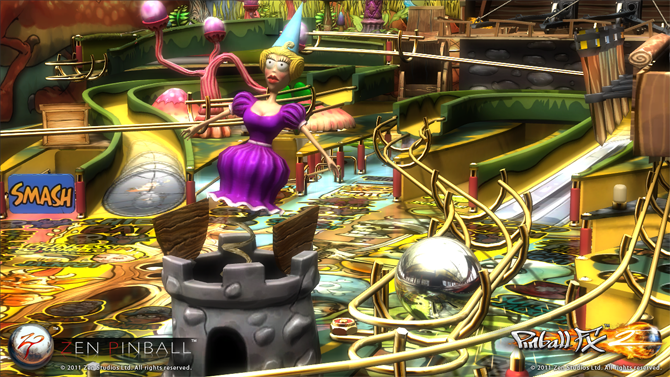
Publisher: Zen Studios / Developer: Zen Studios / Platform: PSN, XBLA
If our last Pinball FX2 review didn’t spell it out already: I love pinball. And while we haven’t reviewed many RPGs, I can assure you I am a very large fan of the RPG genre. My feelings when I heard of Pinball FX2’s newest table, Epic Quest, can only be described as overjoyed.
Much like Wizorb, Epic Quest is another attempt to add RPG elements to a game genre that many believe should be nowhere near an RPG. Also like Wizorb, I found the marriage of pinball and RPG to be pretty successful. Pinball FX2 already has a wide assortment of fun pinball tables, so branching out to an unorthodox idea like this seems like it might be the start of some really unique tables.
So, the question on everyone’s mind is probably how exactly Epic Quest manages to put RPG elements inside a pinball game. First off, Epic Quest does nothing new and exciting for the RPG genre. It doesn’t need to really. Even the most generic, overused parts of an RPG found inside a pinball game are cool enough for me. So, much like every other generic RPG in the genre, you start off as a hapless adventurer armed with little more than a wooden sword and his wits, fighting all manner of giant rats, wolves and bandits. As you win fights (by shooting the ball up into the easily-accessible “SWORD” or “SHIELD” ramp) You’ll gain experience and, at times, go to a shop that allows you to upgrade your weapons or armor. I have yet to figure out what exactly triggers a trip to the upgrade shop, but learning and casting magic is always done through a secret ramp towards the back-left portion of the table. You can gain points and travel to new locations while outside of battle, but the majority of your score will be attained through battling various monsters.
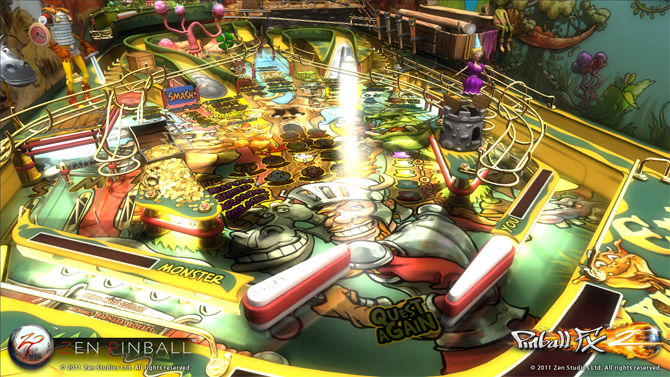
One of the interesting things I found about Epic Quest was the fact that you seem to be working against your experience bar, rather than with it. Leveling up means new, harder monster encounters, and if you are poorly-equipped there still is a chance of victory, but it’s a little tough hacking away at a demon tree only to have half of your health knocked out after one hit. While taking your eye off of the ball in a pinball game is rarely a good idea, Epic Quest does a (mostly) good job of putting all of the information where you need it. The enemy’s health and your own health bar are placed by the left and right flippers, respectively, and a large experience bar runs along the bottom of the table. Any equipment you attain shows up piece-by-piece on the animated character model that walks around the left side of the table. The video screen is still in a sort of awkward position, and from time to time you’ll miss a message that pops up for too short a time while you’re trying to keep the ball from sinking. But some of the more important information, such as the countdown to your current enemy’s next attack, is shown pretty clearly with little else popping up onscreen in the midst of battle.
Even if you aren’t a fan of RPGs, Epic Quest is still a fun pinball table. Battling enemies feels natural, rather than some sort of shoehorned “RPG-lite” experience, and winning a battle – especially one that almost resulted in a loss – both feels great and has a large score payout, especially in later levels. The table itself flows nicely, and while it does have the standard first-time hurdle of not knowing what the hell anything does, it is pretty easy to learn all the basics, rather than constant “Oh God what is happening”, similar to the Paranormal table.
Epic Quest is a fun table. I believe the RPG elements were handled quite well. It still feels like a pinball table, but there is enough RPG in it to feel like something new, without completely alienating people who don’t quite see the appeal in Dungeons & Dragons or Skyrim.











